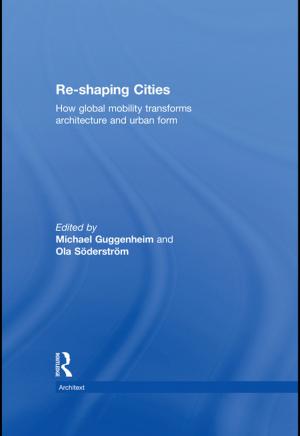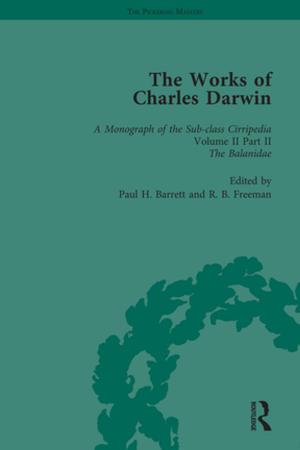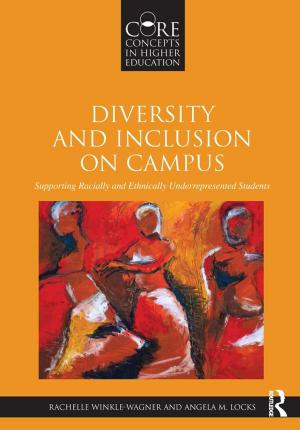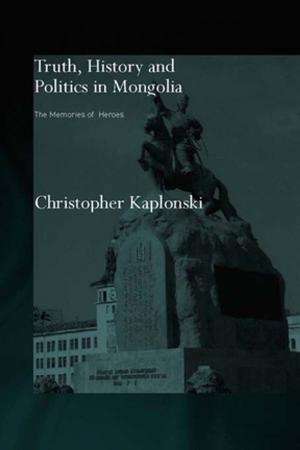The Work of History
Constructivism and a Politics of the Past
Nonfiction, History, Reference, Study & Teaching, Historiography| Author: | Kalle Pihlainen | ISBN: | 9781315521596 |
| Publisher: | Taylor and Francis | Publication: | September 22, 2017 |
| Imprint: | Routledge | Language: | English |
| Author: | Kalle Pihlainen |
| ISBN: | 9781315521596 |
| Publisher: | Taylor and Francis |
| Publication: | September 22, 2017 |
| Imprint: | Routledge |
| Language: | English |
Since the appearance of Hayden White’s seminal work Metahistory in 1973, constructivist thought has been a key force within theory of history and has at times even provided inspiration for historians more generally. Despite the radical theoretical shift marked by constructivism and elaborated in detail by its proponents, confusion regarding many of its practical and ethical consequences persists, however, and its position on truth and meaning is routinely misconstrued. To remedy this situation, The Work of History seeks to mediate between constructivist theory and history practitioners’ intuitions about the nature of their work, especially as these relate to the so-called fact–fiction debate and to the literary challenges involved in the production of historical accounts. In doing so, the book also offers much-needed insight into debates about our experiential relations with the past, the political use of history and the role of facts in the contestation of power.
Since the appearance of Hayden White’s seminal work Metahistory in 1973, constructivist thought has been a key force within theory of history and has at times even provided inspiration for historians more generally. Despite the radical theoretical shift marked by constructivism and elaborated in detail by its proponents, confusion regarding many of its practical and ethical consequences persists, however, and its position on truth and meaning is routinely misconstrued. To remedy this situation, The Work of History seeks to mediate between constructivist theory and history practitioners’ intuitions about the nature of their work, especially as these relate to the so-called fact–fiction debate and to the literary challenges involved in the production of historical accounts. In doing so, the book also offers much-needed insight into debates about our experiential relations with the past, the political use of history and the role of facts in the contestation of power.















